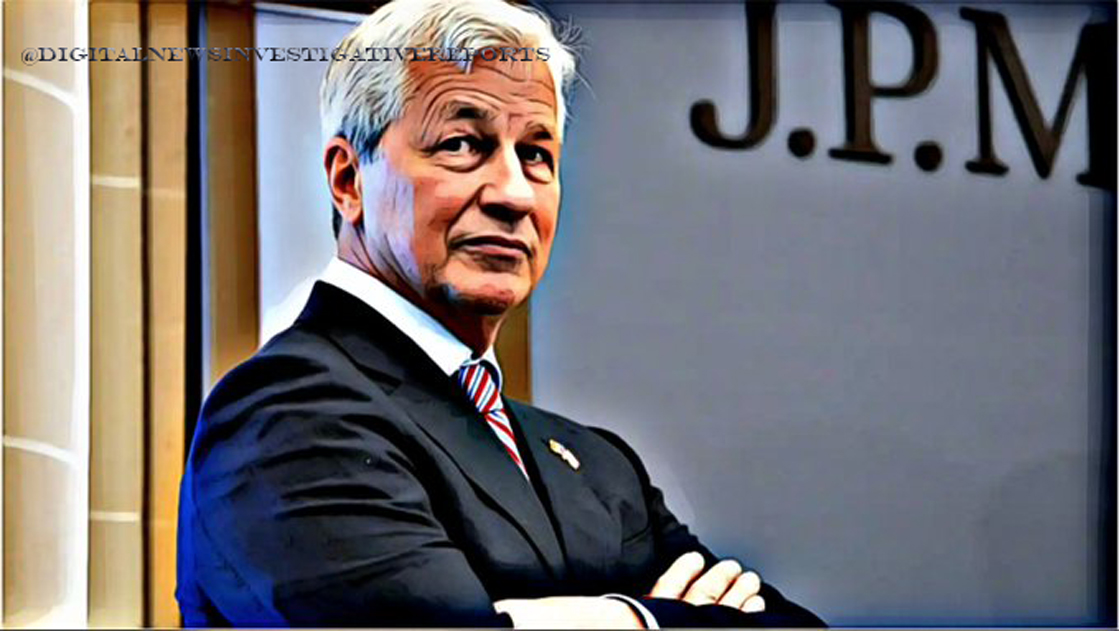In a candid declaration, Jamie Dimon, the influential CEO of JPMorgan Chase, announced his final assessment of Bitcoin, labeling it a “pet rock” with no inherent value during an interview at the World Economic Forum. Dimon, a vocal critic, dismissed Bitcoin’s utility, attributing its worth primarily to speculative trading rather than tangible applications. Notably, this critique follows the recent regulatory approval of Bitcoin exchange-traded funds (ETFs), marking a significant breakthrough for institutional investment in the $830 billion cryptocurrency.
JP Morgan Chase & Co, CEO Jamie Dimon repeats the same old debunked propaganda regarding #Bitcoin while millions of dollars flow into the #SpotBitcoinETF. pic.twitter.com/Ol8o1USF0q
— DNIR Flash News 🔥🔥 **Original:* (@cnir_bayarea) January 17, 2024
Despite Dimon’s persistent skepticism, JPMorgan is intricately involved in the new Bitcoin fund, serving as one of the authorized participants for BlackRock’s Bitcoin ETF. The approval of these ETFs enables investors to engage with real-time Bitcoin prices through standard security exchanges, reflecting a paradigm shift in the financial landscape.
Dimon, known for his blunt statements, emphasized that Bitcoin’s only “real use cases” lie in criminal activities like sex trafficking and money laundering, echoing concerns raised in the past. However, he acknowledged investors’ right to participate in Bitcoin transactions in a “free country.”
Bitcoin Spot ETF Flow – Day 3 Update
After three days, the total net flow situation is as follows:
1. Blackrock +$712m 🥇
2. Fidelity +$525m 🥈
3. Bitwise +$306m 🥉
4. Ark +$229m
…
11. Grayscale -$1,162m pic.twitter.com/fLJhF5r0YU— BitMEX Research (@BitMEXResearch) January 17, 2024
As Bitcoin experiences a surge with the approval of ETFs, Dimon’s concluding remarks add an intriguing layer to the evolving narrative surrounding the cryptocurrency’s role in mainstream finance. Notwithstanding his enduring skepticism, the cryptocurrency market is currently experiencing a surge in institutional interest, marked by significant inflows during the initial days of ETF trading.
The aggregate net flow stands impressively at $1.77 billion, with BlackRock taking the lead with a substantial inflow of +$712 million. Following closely are Fidelity at +$525 million, Bitwise at +$306 million, and Ark at +$229 million. This influx of capital underscores a growing confidence among institutional players, signaling a notable shift in perception towards cryptocurrencies as legitimate investment assets.



